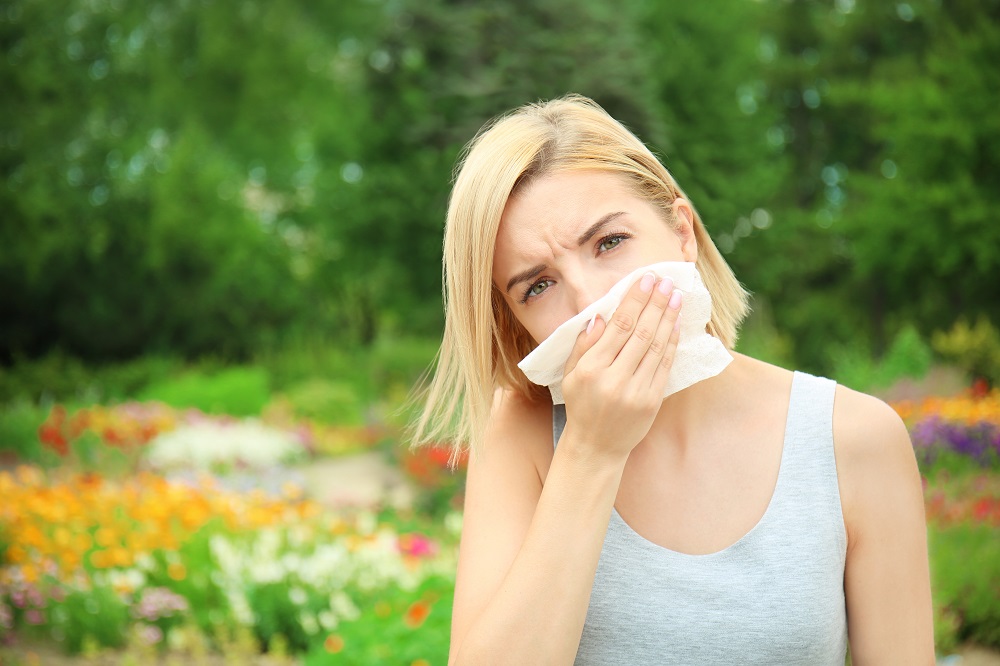If you suffer from seasonal allergies then you know well the sinus pain, breathing issues and lack of sleep that can come during a flare up. Some people even suffer from allergies year-round. Read on to learn what to look out for and how to treat those annoying allergies now matter when they strike.
To get in touch with the top allergy and asthma specialist in New York, reach out to Dr. Shukla today for a consultation towards easier breathing.
Winter Allergies
Although there is less pollen floating around during the winter, there are other things that can cause allergies to flare up during this time of year. January and February bring very cold temperatures to many areas of the country and when we crank up the heat to warm things up, we can be kicking up dust in our homes that can trigger an allergic reaction. Mold can also trigger those familiar symptoms of watery eyes, sneezing and nasal congestion.
Depending on where you live, late February and early March can signal the signs of Spring and bring an increase in tree pollen as things thaw out and the grass begins to emerge. If you want to check out the pollen count in your area, visit the National Allergy Bureau map provided by the American Academy of Allergy Asthma and Immunology.
Spring Allergies
Spring allergies can bring miserable conditions as flowers bloom after those Spring rains and the grass also begins to grow again after that winter freeze. Again, depending on where you live, tree pollen can also cause major sinus issues all the way through May. The grass pollen reaches its peak in June so be aware of the triggers that can set off your symptoms.
Summer Allergies
While many think that summer provides an allergy reprieve, things can still flare up due to molds and spores that thrive during this time of year. While the pollen counts should be settling down, fungus spores and seeds can grow on fallen leaves, compost, grass and grains. The high temperatures and humid conditions make this a prime breeding ground for mold and fungus. The best way to beat the heat and avoid these allergens is to use an air conditioning unit with a HEPA filter.
Late summer brings the arrival of ragweed, which can begin in late August and be a problem through October, and even November in some locations. On wet and windy late summer and early autumn days, the pollen grains can spread, and your symptoms could increase.
Fall Allergies
Fall usually brings some relief for allergy suffers but some of those summer allergic triggers can linger into the fall months. And in warmer summer climates, allergies can still be a problem well into October. November might be your best month if you suffer from year-round allergies. The crisp fall weather can give you a bit of a break from your symptoms, right before the indoor mold and pet dander kicks up again and the cycle starts all over.
Believe it or not, your December Christmas tree could be a major source of your allergy symptoms. If you find yourself wheezing and sneezing during this time of year, your tree could be the culprit. And it’s not the actual tree that typically causes the problem. It’s the tiny mold spores that can hide in the branches. Experts advise keeping your tree in the garage or a week before you put it in your house. Right before you decorate, shake it out to get rid of any spores that could cause you problems.
Allergy and Asthma Specialist in New York
If you or your child suffer from allergies, you need to seek the right professional help and talk to someone specializing in pulmonary issues. Dr. Mayank Shukla is an allergy and asthma specialist in New York specializing in pediatric care. Find out more about Dr. Shukla’s treatment options, patient reviews, insurance information and hospital affiliation by clicking here. Don’t suffer with allergies for another day.

